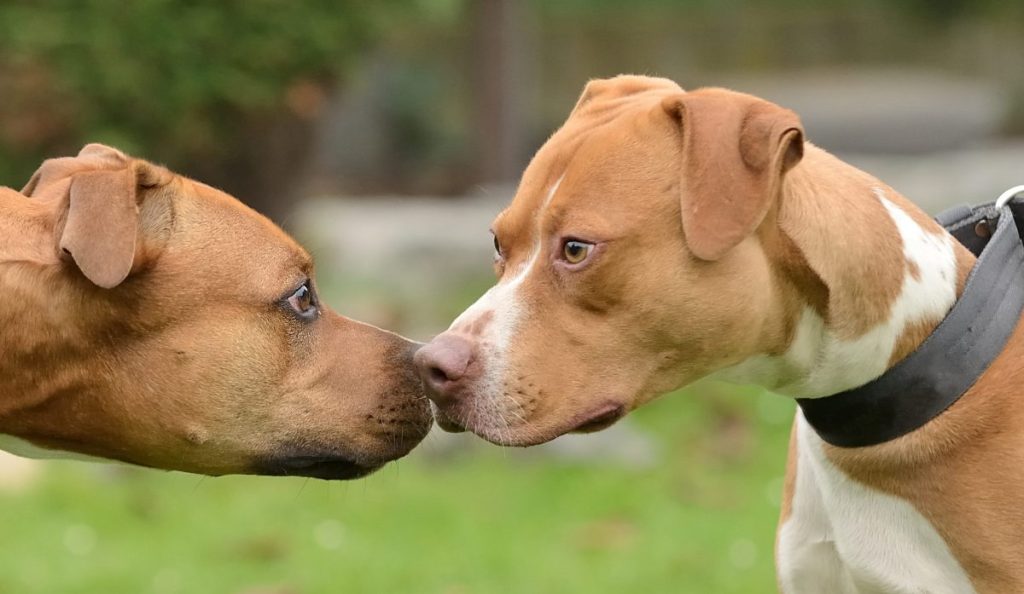The truth about Pit Bulls and aggression is that they are not inherently aggressive dogs. Pit Bulls were originally bred for bull-baiting and dog fighting, but this does not mean that they are naturally inclined to be aggressive towards people or other animals. In fact, many Pit Bulls are loving, gentle, and make great family pets.









